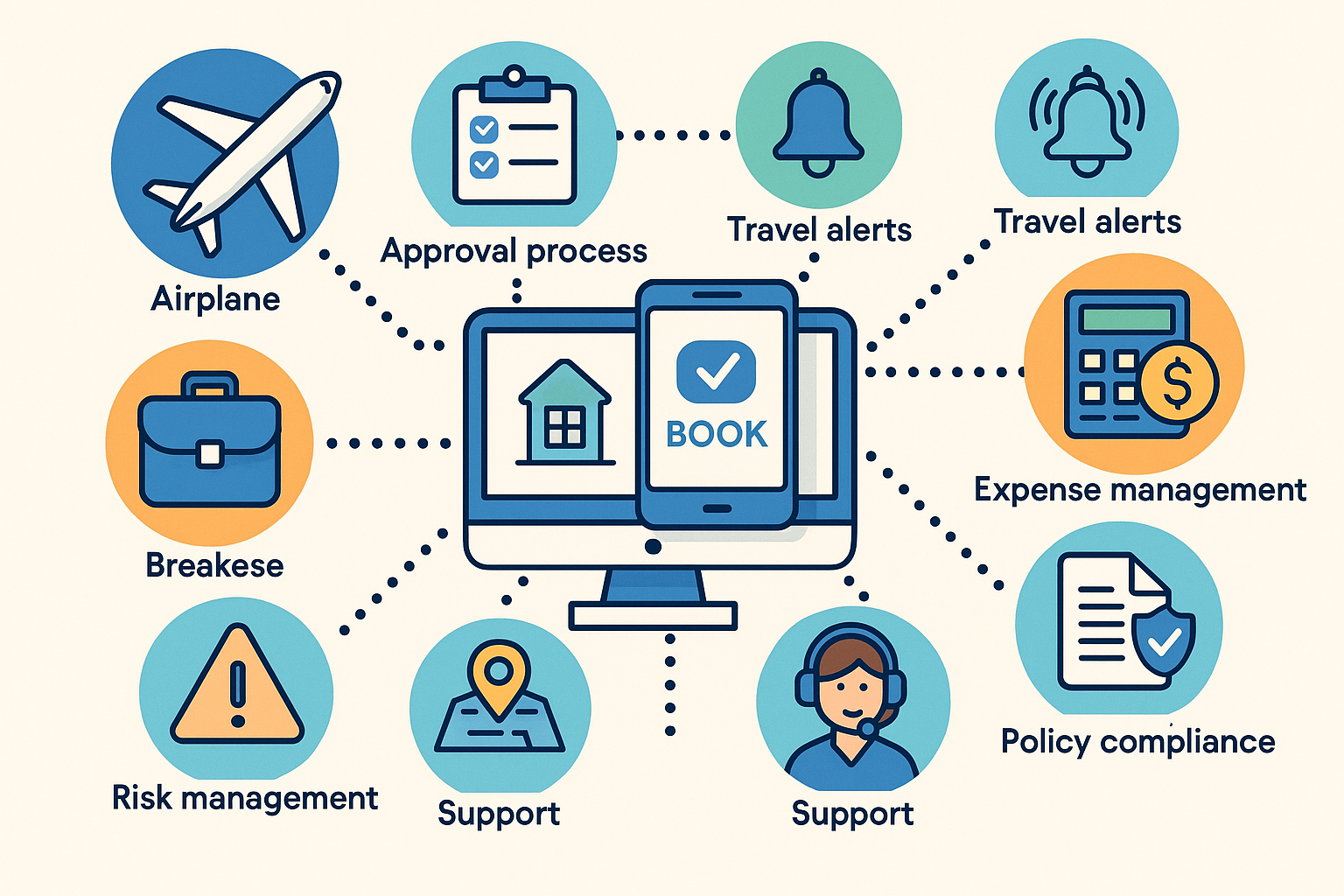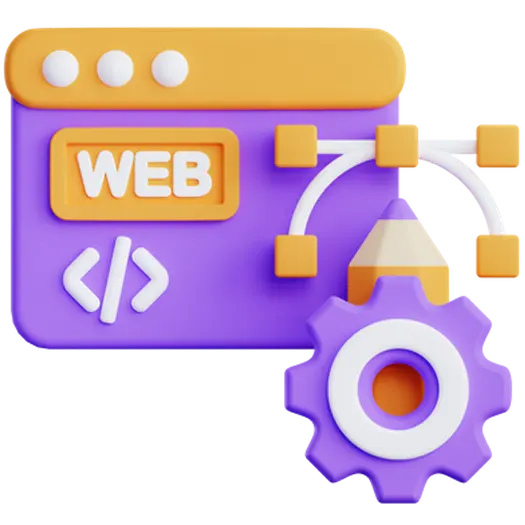
Why Are Features in a Travel Management System Important?
In today’s digital era, business travel can no longer be managed manually. Companies need an automated and integrated system capable of handling all aspects of business travel—from booking to reporting. This is where the importance of having key features in a reliable Travel Management System (TMS) comes in.
A Travel Management System helps companies reduce costs, speed up administrative processes, improve travel data accuracy, and deliver a better user experience. However, not all TMS solutions are created equal. That’s why it’s essential to ensure the system you choose includes the following must-have features.
1. Centralized Dashboard & Real-Time Monitoring
This feature allows travel managers to view all travel activities in one centralized view: who is traveling, where they are going, and how much is being spent.
- Travel route visualization
- Approval & booking status
- Expense tracking by division
- Real-time insights for decision-making
2. Integrated Multi-Vendor Booking
A modern travel management system should be able to access various travel vendors (airlines, hotels, ground transportation) and display real-time price comparisons.
- Improve travel cost efficiency
- Save booking time
- Choose the best options from multiple providers
3. Automated & Multi-Level Approval
This feature streamlines the approval process without the need for back-and-forth emails. You can set authorization levels according to your organizational structure.
- Prevents fund misuse
- Automatic notifications via email/SMS
- Budget- and location-based approvals
E-Commerce
- Chatbot AI menjawab pertanyaan pelanggan 24/7
- AI membuat deskripsi produk otomatis
- Automasi mengatur pengiriman, stok, dan invoice
4. Budget and Expense Management
The system should allow you to set budget limits, send alerts when limits are exceeded, and automatically calculate estimated vs. actual costs.
- Supports annual budget planning
- More accurate budget control
- Transparent spending
5. Integration with HR & Accounting
This feature ensures that travel data is connected to both HR and financial systems, making allowance and reimbursement calculations easier.
- Administrative efficiency
- Automated reimbursement
- Employee data synchronization
6. Automated Reporting & Analytics
Reports can be generated automatically based on specific periods (weekly, monthly, or per project), complete with charts and insights.
- Exportable reports in Excel or PDF format
- Travel efficiency analysis
- Policy improvement recommendations
7. Mobile Access & Real-Time Notifications
A mobile app allows employees to manage their trips anytime, while receiving instant alerts about schedule or ticket changes.
- Navigation and location tracking support
- Flexible access on the go
- Instant updates in the field
8. Multi-Location & Multi-Currency Support
Ideal for multinational companies or businesses with branches in various regions.
- Automatic currency adjustment
- Cross-location reporting
- Real-time exchange rate conversion within the system
9. Security & Compliance Features
A travel management system must ensure that all travel activities comply with company policies and include features for location tracking and data security.
- Travel tracking
- Data encryption
- Policy-based approvals
- Compliance with local and international regulations
10. Custom Workflow and Personalization
Every company has unique needs. A modern Travel Management System must be flexible and customizable.
- Dynamic workflows
- Optional plugin support
- Add-on modules such as travel insurance, loyalty programs, and more
Real Benefits of Using a Fully-Featured Travel Management System
Using a travel management system with the above features can bring real benefits to your company, including:
- Saving travel costs by up to 20–30%
- Reducing administrative time by up to 50%
- Enhancing employee satisfaction and safety while traveling
- Providing essential data for audits and decision-making
In addition, a travel management system also helps companies uphold sustainability and environmental responsibility. For example, many modern TMS platforms offer carbon emission tracking for business trips and recommend more eco-friendly travel alternatives.
Beyond that, companies can also strengthen their business reputation among partners and clients. Well-organized travel management reflects professionalism and a strong commitment to efficiency and employee well-being. This can positively impact employee loyalty and overall stakeholder trust.
A robust system also encourages individual accountability throughout the travel process. With automatically recorded data, every activity can be tracked and analyzed for future improvements.
Investing in an advanced TMS software solution not only enhances operational efficiency but also demonstrates a company’s commitment to innovation and responsible resource management.
Conclusion
A Travel Management System is not just a tool for managing business trips — it can also drive efficiency and elevate service quality within the property industry. By integrating a TMS with a Property Management System, you can deliver a seamless, efficient, and professional experience in both travel and property operations.
Looking to build a travel management system tailored to your property business? Our development team is ready to help you create the right digital solution at www.doterb.com.
